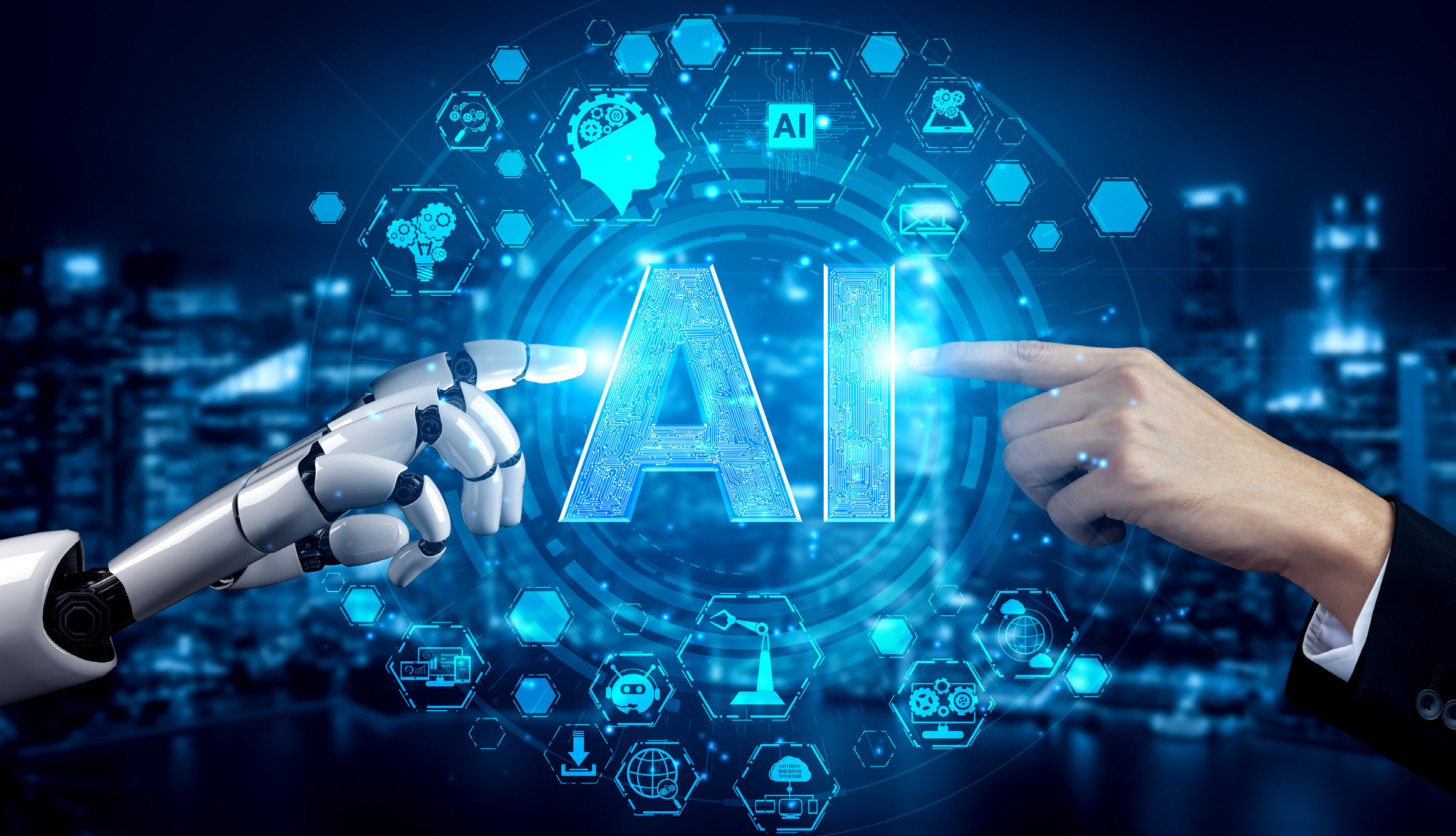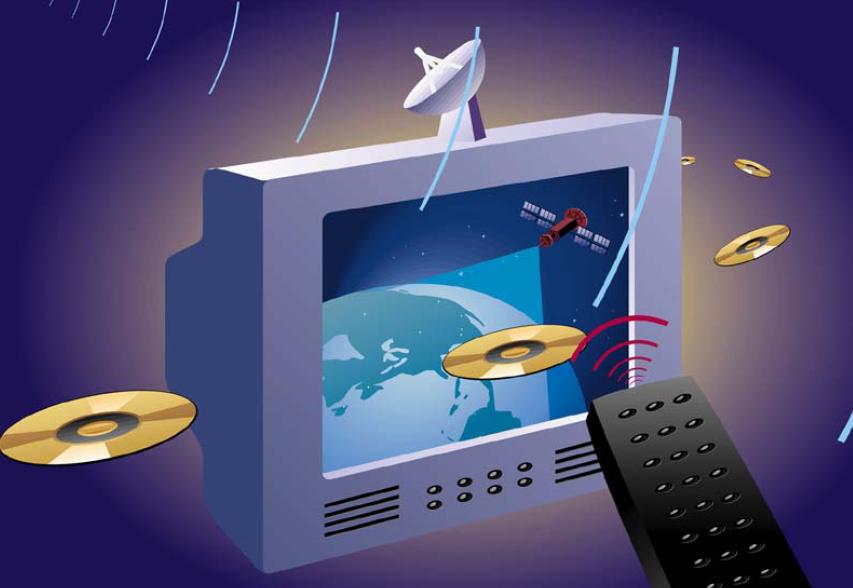|
 |
AI, л””м§Җн„ёнҷ”, к·ёлҰ¬кі лҜёкөӯ кІҪм ң |
|
| лҜёкөӯмқҙ мқёкіөм§ҖлҠҘкіј л””м§Җн„ёнҷ” кё°мҲ мқҳ л°°нҸ¬м—җ мң лҰ¬н•ң көӯл©ҙмқ„ л§һмқҙн•ҳкі мһҲлӢӨ. мқҙ л‘җ к°Җм§Җ мҡ”мҶҢк°Җ кІ°н•©лҗҳл©ҙ, м „нҶөм Ғ мӮ°м—…м—җ мҲҳл§ҺмқҖ ліҖнҷ”к°Җ мқјм–ҙлӮҳкі , мғҲлЎңмҡҙ мӮ°м—…л“Өмқҙ м°Ҫм¶ңлҗңлӢӨ. мӨҖ비лҗң мқҙл“Өм—җкІҢ мқҙлҠ” мғқмӮ°м„ұкіј ROIмқҳ кёүмҰқ, м—ӯмӮ¬мғҒ к°ҖмһҘ нҒ° л¶Җмқҳ 축м Ғ кё°нҡҢлҘј мқҳлҜён•ңлӢӨ. к·ёл ҮлӢӨл©ҙ л…ёлҸҷ мӢңмһҘ, мғқмӮ°м„ұ, мҶҢ비мһҗ м„ нғқм—җлҠ” м–ҙл–Ө ліҖнҷ”к°Җ мқјм–ҙлӮ к№Ң? н–Ҙнӣ„ 10л…„, к·ё мқҙнӣ„мқҳ 비мҰҲлӢҲмҠӨ мӮ¬мқҙнҒҙмқҖ м–ҙл–»кІҢ лҗ к№Ң? |
|
|
 |
мІ м—җм„ң мӮ¶мқ„ ліёлӢӨ |
|
| АъАЪ | мҳӨмҷ„мҲҳ |
| ГвЖЗ»з | м•„н…ңнҸ¬ |
|
 |
China"s Filtere |
|
| While Web 2.0 is already transforming the way people live and work in the U.S., China is still struggling to absorb the impact of the most basic form of the Internet. E-mail, chat rooms, message boards, and Web sites all provide ways for people to communicate instantly and openly. As a result, the Internet represents both an opportunity for its growing economy, and a threat to its political stability. |
|
|
 |
м–‘мһҗ м»ҙн“ЁнҢ…кіј көӯк°Җ м•Ҳліҙ |
|
| кІҪм ңмҷҖ көӯк°Җ м•Ҳліҙм—җ мһҲм–ҙ, нҳ„мһ¬ мҡ°лҰ¬к°Җ мӮ¬мҡ©н•ҳкі мһҲлҠ” л””м§Җн„ё м»ҙн“Ён„°мқҳ мҳҒн–Ҙмқ„ 75л…„ м „ мӢӨн—ҳмӢӨм—җм„ң мөңмҙҲлЎң м»ҙн“Ён„°к°Җ л“ұмһҘн–Ҳмқ„ л•ҢлҠ” мҳҲмёЎн• мҲҳ м—Ҷм—ҲлӢӨ. л§Ҳм°¬к°Җм§ҖлЎң м–‘мһҗ м»ҙн“ЁнҢ…мқҙ лҜёлһҳм—җ кІҪм ңмҷҖ көӯк°Җ м•Ҳліҙм—җ м–ҙл–Ө кІ°кіјлҘј к°Җм ёмҳ¬м§Җ нҳ„мһ¬лЎңм„ңлҠ” мҳҲмёЎн•ҳкё° м–ҙл өлӢӨ. к·ёлҹ¬лӮҳ мқҙ мғҲлЎңмҡҙ кё°мҲ мқ„ м§Җл°°н•ҳкё° мң„н•ң м „мҹҒмқҖ мқҙлҜё м „ м„ёкі„м ҒмңјлЎң лҜјк°„ л°Ҹ кіөкіө мһҗмӣҗмқ„ нқЎмҲҳн•ҳкі мһҲлӢӨ. мҷң мқҙкІғмқҙ мӨ‘мҡ”н•ң кІғмқјк№Ң? м–ҙл–Ө мң„нҳ‘кіј кё°нҡҢлҘј л§Ңл“Ө кІғмқёк°Җ? мҠ№лҰ¬лҘј ліҙмһҘл°ӣмңјл Өл©ҙ л¬ҙм—Үмқ„ н•ҙм•ј н•ҳлҠ”к°Җ? |
|
|
 |
Video Gaming Becomes |
|
| The market for home video games is only 30 years old. It began in 1975, when Atari released a home version of Pong. Global industry sales of home video games totaled $28 billion in 2002, the last year for which reliable worldwide industry figures are available. In the same year, U.S. sales of computer and video game hardware and software exceeded $11 billion and probably surpassed $13 billion in 2003. |
|
|





 [178]ұЗ
[178]ұЗ 



